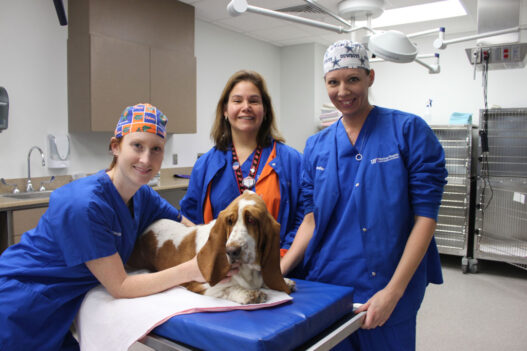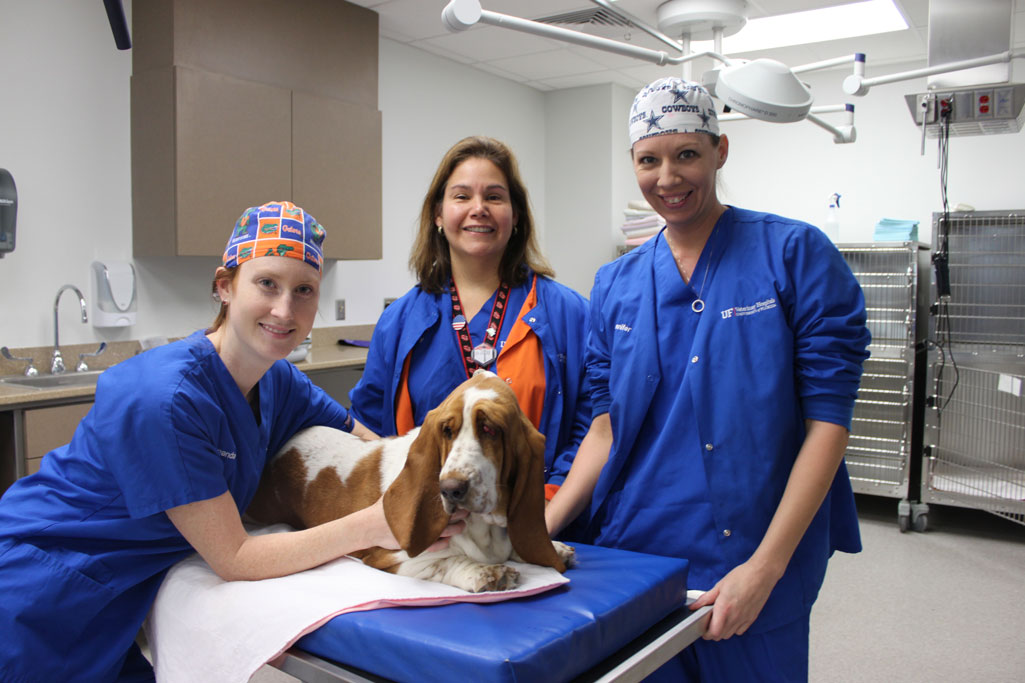Ensuring your furry companions stay healthy means following the right vaccination schedules. Vaccinations protect dogs and cats from various diseases that can seriously affect their well-being. Understanding these schedules helps you safeguard your pets effectively. At small animal hospitals, veterinarians recommend specific vaccines based on your pet’s age, lifestyle, and health history. For instance, the Pittsboro, NC veterinarian provides tailored advice on keeping your pets protected against common illnesses in the region.
You don’t want your pets to experience preventable diseases, so adhering to recommended schedules is key. Puppies and kittens have different needs compared to adult pets. While core vaccines are essential, non-core vaccines depend on exposure risks. Stay informed and proactive. Your veterinarian can guide you through the process, ensuring your pets are both healthy and happy. Regular check-ups and open communication with your vet make a significant difference in your pet’s life.
The Importance of Vaccinations
Vaccinations work by preparing your pet’s immune system to fight off certain infections. Through vaccines, you help your pet build immunity without exposing them to the full brunt of the disease. Core vaccines for dogs typically include those for rabies, parvovirus, distemper, and canine hepatitis. Cats generally need vaccines for rabies, feline distemper, and feline herpes virus. Non-core vaccines are optional and depend on lifestyle factors.
Core Vaccines for Dogs and Cats
Core vaccines are considered essential for all dogs and cats due to the severity of the disease or the risk of transmission to humans. Rabies, for example, is both dangerous and legally required in many areas for both dogs and cats. Distemper is highly contagious and potentially fatal, making it a core vaccine for dogs. Similarly, feline panleukopenia is a must for cats.
Non-Core Vaccines
Non-core vaccines are given based on your pet’s exposure risk. Dogs that frequent dog parks or boarding facilities might need vaccines like canine influenza or Bordetella. Cats that roam outdoors could benefit from the feline leukemia vaccine. Consult your veterinarian to decide which non-core vaccines suit your pet’s lifestyle.
Sample Vaccination Schedule
Understanding when to vaccinate your pets can feel overwhelming. Below is a suggested schedule to provide clarity:
| Age | Dog Vaccines | Cat Vaccines |
|---|---|---|
| 6-8 weeks | Distemper, Parvovirus | Feline Distemper, Feline Herpes |
| 10-12 weeks | Distemper, Parvovirus, Bordetella | Feline Distemper, Feline Herpes, Bordetella |
| 14-16 weeks | Rabies, Distemper, Parvovirus | Rabies, Feline Distemper |
| Adult | Booster shots as recommended | Booster shots as recommended |
Consult with Your Veterinarian
Your vet is the best resource for personalized advice. Each pet has unique needs, and your vet can adjust the schedule accordingly. Regular visits ensure you keep up with boosters and any new vaccine recommendations. They provide insight into regional disease risks and how they affect your pet.
Common Side Effects
Vaccinations may cause mild side effects like temporary discomfort at the injection site or slight fever. These symptoms usually resolve quickly. Severe reactions are rare but require immediate veterinary attention. Monitoring your pet after vaccination helps ensure their safety.
Conclusion
Vaccination schedules are crucial for your pet’s health. By following the recommended schedules and consulting with your veterinarian, you protect your pets from dangerous diseases. Knowledge and prevention are key. Your pets rely on you to make informed decisions. Prioritizing their health leads to happier, longer lives.




